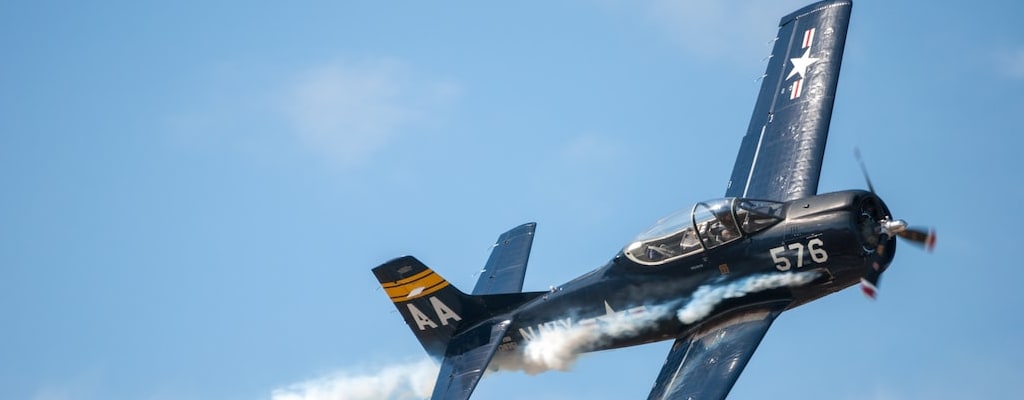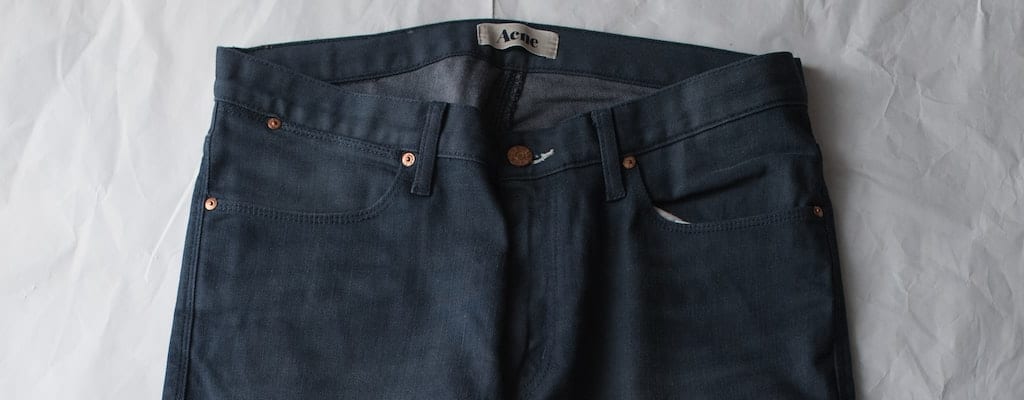seat-of-the-pants: Idiom Meaning and Origin
What does ‘seat-of-the-pants’ mean?
The idiom "seat-of-the-pants" refers to doing something based on instinct, intuition, or improvisation, rather than careful planning or preparation. It implies a sense of spontaneity and reliance on one's own judgment in making decisions or taking actions.

Idiom Explorer
The idiom *quick-and-dirty* refers to a hasty and temporary solution or approach that may not be perfect or thorough, but is done rapidly to meet immediate needs or deadlines.
The idiom "quick-and-dirty" has an interesting origin and meaning. This article will explore the facts surrounding this idiom and shed light on its significance in American English.
The idiom "put one's pants on one leg at a time" means that someone is just an ordinary person, emphasizing equality and normalcy.
The idiom "put one's pants on one leg at a time" is a commonly used phrase in American English, which emphasizes equality and commonality among people. This expression conveys the idea that everyone, regardless of their status or position, performs everyday tasks in the same manner and is subject to the same limitations.
An idiom meaning to improvise or make up something without any basis or evidence.
The idiom "pull out of one's arse" is a colloquial expression that has gained prominence in the English language. Here are the facts known about this idiom:
The idiom "play by ear" means to handle a situation spontaneously and without a fixed plan, adjusting actions according to the circumstances.
The idiom "pick out of a hat" means to randomly choose or select something without any particular order or method.
The idiom "out of thin air" means that something has appeared or been created suddenly and seemingly from nowhere, without any clear or logical explanation or origin.
The idiom "out of one's box" means to be acting in an unconventional or unexpected way, deviating from one's usual behavior or habits.
Out of one's box is an idiom used to describe someone who is thinking or behaving in a way that is unexpected or outside of their usual character or comfort zone. It suggests a departure from the norm and implies a willingness to explore new ideas or approaches.
The idiom "on the toss of a coin" means making a decision or taking a chance based solely on the outcome of a coin toss.
The idiom "on-the-spot" means to be in a situation where decisions or actions must be made immediately, without any time to prepare or think about it.
The idiom "on the spot" means to do something immediately or to be put in a situation where one is required to perform or make a decision without any preparation or advance notice.
FAIL
The idiom "seat-of-the-pants" is a commonly used phrase to describe relying on intuition or instinct rather than careful planning or preparation. It is believed to have originated in aviation, where pilots would fly without instruments and rely on their bodily sensations to control the aircraft. They could "feel" the aircraft through the seat of their pants, making adjustments to keep it stable and on course.
As time went on, the idiom expanded beyond aviation and became used in various contexts. It is often used to describe creative processes, problem-solving, and decision-making that prioritize intuition and resourcefulness over detailed planning. The phrase continues to be popular in both spoken and written English.
An example of relying on intuition and instinct is the idiom "fly by the seat of one's pants." This phrase suggests navigating a situation successfully without detailed knowledge or planning. It conveys a sense of spontaneity and resourcefulness, similar to the idiom "seat-of-the-pants."
Another related idiom is "off-the-cuff," which means speaking or performing without preparation. It implies relying on one's natural abilities and instincts to deliver a spontaneous and unscripted response. This casual and informal approach can add authenticity and spontaneity to conversations and presentations.
Similarly, the phrase "on a whim" describes doing something spontaneously or impulsively, without careful thought or planning. It implies acting based on a sudden desire or instinct, rather than following a structured or predetermined plan. It reflects the same reliance on intuition and instinct as the idiom "seat-of-the-pants."
The idiom "on-the-spot" also relates to "seat-of-the-pants" in that it refers to making decisions or taking action immediately, without hesitation or extensive preparation. It implies handling a situation or problem swiftly and confidently, relying on one's instincts and experience to guide the way.
Lastly, the idiom "on the fly" is closely connected to "seat-of-the-pants." It means doing something quickly and adaptively, often making changes in real-time. It suggests being able to think on your feet and adjust your approach as needed, relying on intuition and resourcefulness rather than a detailed plan.
The idiom "seat-of-the-pants" originated in aviation, describing a way of doing something that relies on intuition and instinct rather than careful planning. It has since expanded to be used in various contexts, reflecting a reliance on intuition and resourcefulness. Related idioms such as "fly by the seat of one's pants," "off-the-cuff," "on a whim," "on-the-spot," and "on the fly" all convey similar ideas of spontaneous decision-making and relying on one's instincts and experience. These phrases capture the essence of being able to navigate a situation successfully without extensive planning or deliberation.
Example usage
Examples of how the idiom "seat-of-the-pants" can be used in a sentence:
- She managed to win the race, but it was clear she was flying by the seat of her pants.
- The pilot had to rely on his seat-of-the-pants instincts to navigate through the storm.
- The entrepreneur made several decisions based on seat-of-the-pants analysis, which led to both successes and failures.
The idiom "seat-of-the-pants" is used to describe a situation where someone is making decisions or taking actions based on intuition, instincts, or personal judgment, rather than relying on a more structured or well-thought-out approach.
More "Aviation" idioms

